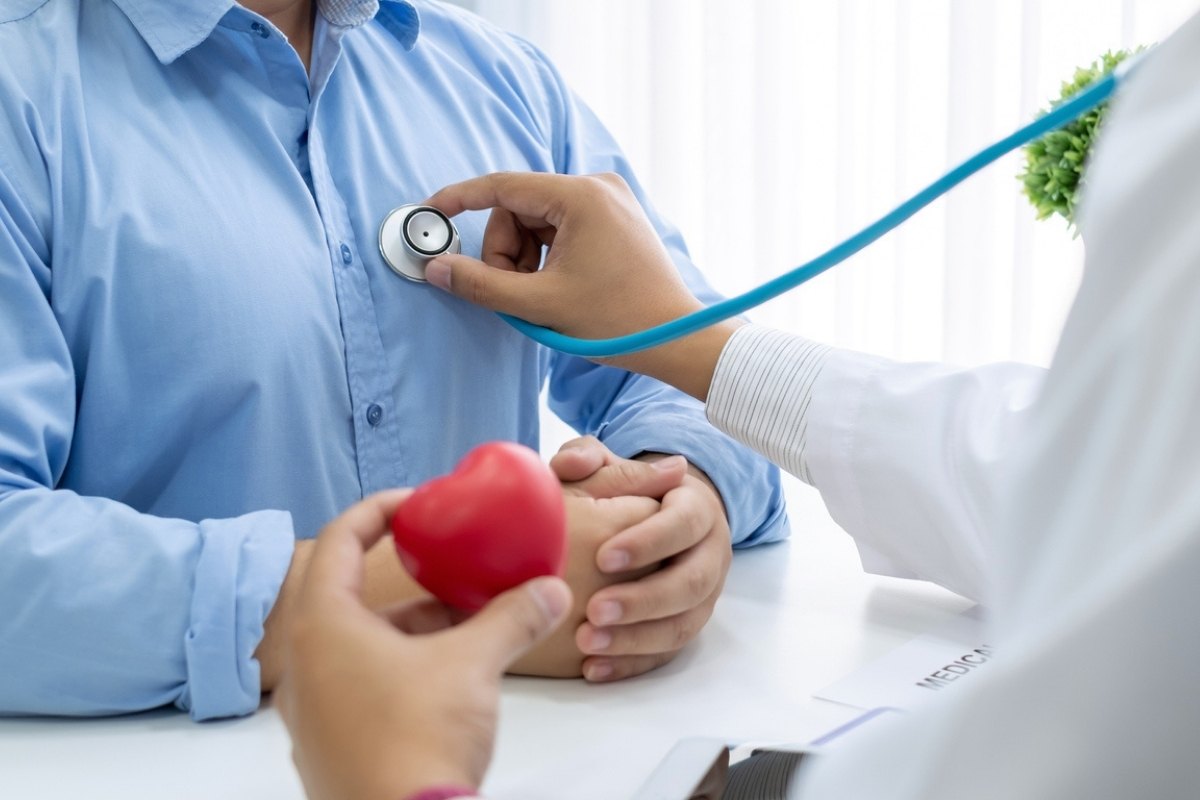 As you age, your body undergoes many changes, not only in terms of hormones , but also in terms of organ functions. The heart is one of the most important parts of the body and is responsible for pumping blood and transporting oxygen and nutrients throughout the body. However, there are many factors. Even aging can affect the heart , making a person vulnerable to heart disease, according to the Times of India website .
As you age, your body undergoes many changes, not only in terms of hormones , but also in terms of organ functions. The heart is one of the most important parts of the body and is responsible for pumping blood and transporting oxygen and nutrients throughout the body. However, there are many factors. Even aging can affect the heart , making a person vulnerable to heart disease, according to the Times of India website .
Geriatrics affects your heart
1- Weight Gain
Metabolism is a chemical process in the body that converts food into energy, which helps in the weight loss process, however, the metabolic rate is higher when a person is young and when a person reaches their 50s or more, the metabolism decreases, making it difficult for it to maintain a healthy weight, this can make a person susceptible to obesity, insulin resistance, high cholesterol and hypertension.
2- Hypertension
As you age, your risk of developing high blood pressure increases, according to the American Heart Association. Hypertension occurs when the strength of blood flow through blood vessels is consistently too high. Over time, the smooth inner lining of artery walls becomes damaged, causing blockages and an increased risk of heart attack and stroke.
 3- Hardening and narrowing of the arteries
3- Hardening and narrowing of the arteries
Aging increases a person’s risk of atherosclerosis , which is the buildup of fats, cholesterol and other substances on the walls of the arteries. Plaque buildup can cause hardening and narrowing of the arteries, which can block blood flow, and sometimes the plaque can even burst and lead to a blood clot.
4- Changes in Heartbeat
There is an increased chance of an irregular heartbeat in the elderly. This is also known as atrial fibrillation, which according to WebMD is a leading cause of stroke in the elderly. With atrial fibrillation, there is always the risk of a blood clot forming which can travel to the brain, causing a stroke.
 5- Angina pectoris
5- Angina pectoris
According to the Journal of the American Heart Association , angina is a very frequent symptom in the elderly and becomes more common with age. Angina without any pain is called silent ischemia and the pain is often described as pressure, heaviness, tightness, or chest pain.









